Your Clinic
SET A LOCATION
Your Clinic
SET A LOCATION

During the virtual school day, teachers will be providing “brain breaks” and students will be participating in classes such as PE and music that will incorporate movement into your child’s day. However, some children may need additional movement breaks or a sensory diet incorporated into their school day at scheduled intervals in order to remain emotionally regulated and/or be able to focus on learning opportunities. Progressive Pediatric therapist’s can provide individualized sensory break ideas based on your child’s needs. See below for more suggestions:
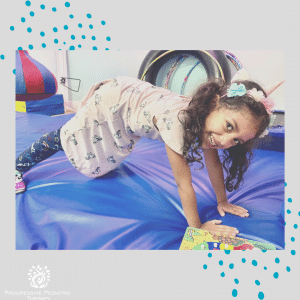
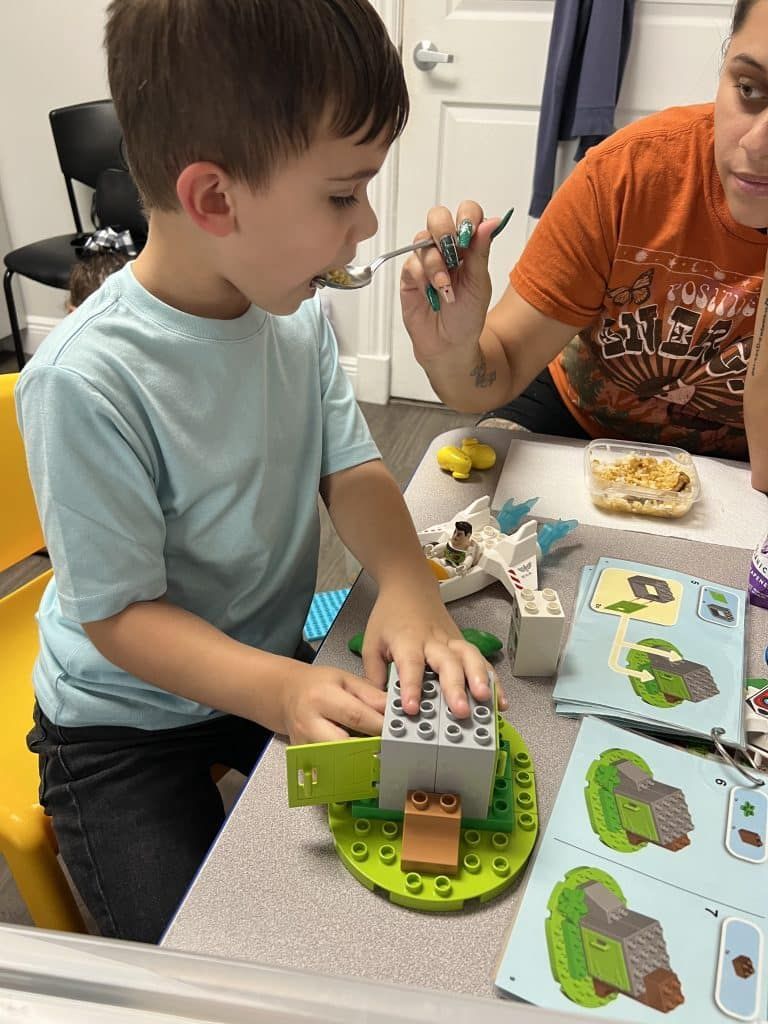
The post Sensory Strategies During Virtual Schooling appeared first on PPT4Kids.



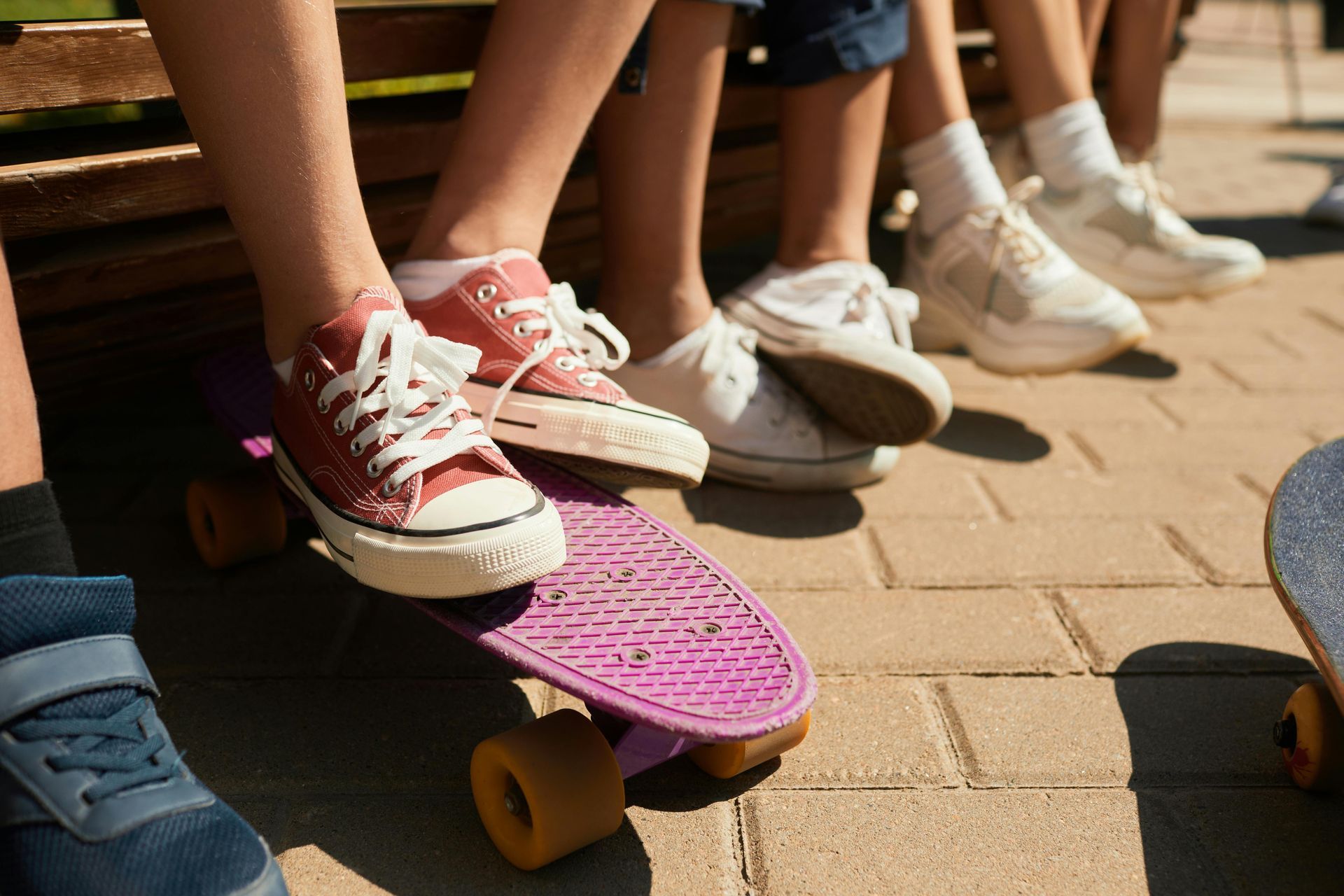


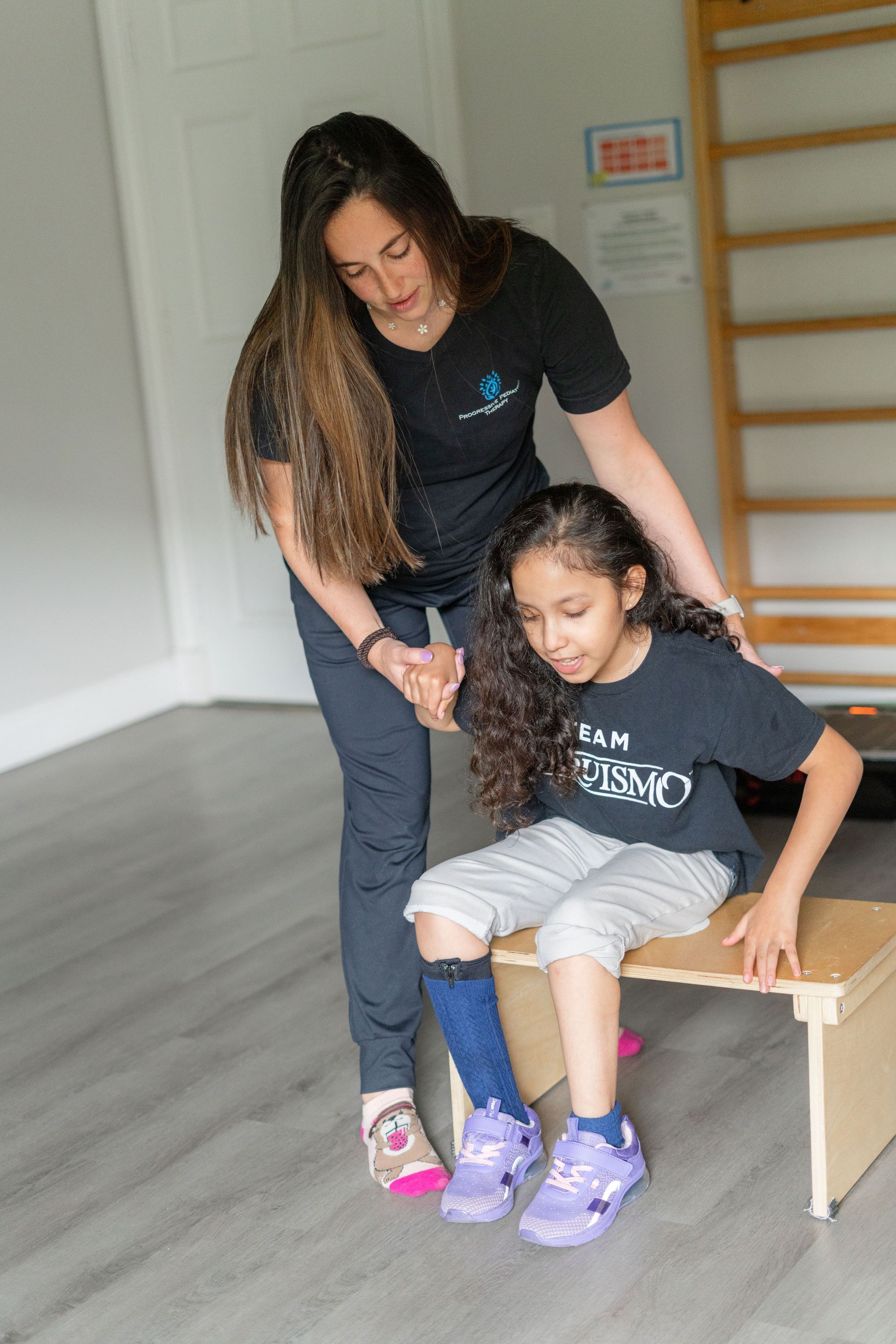
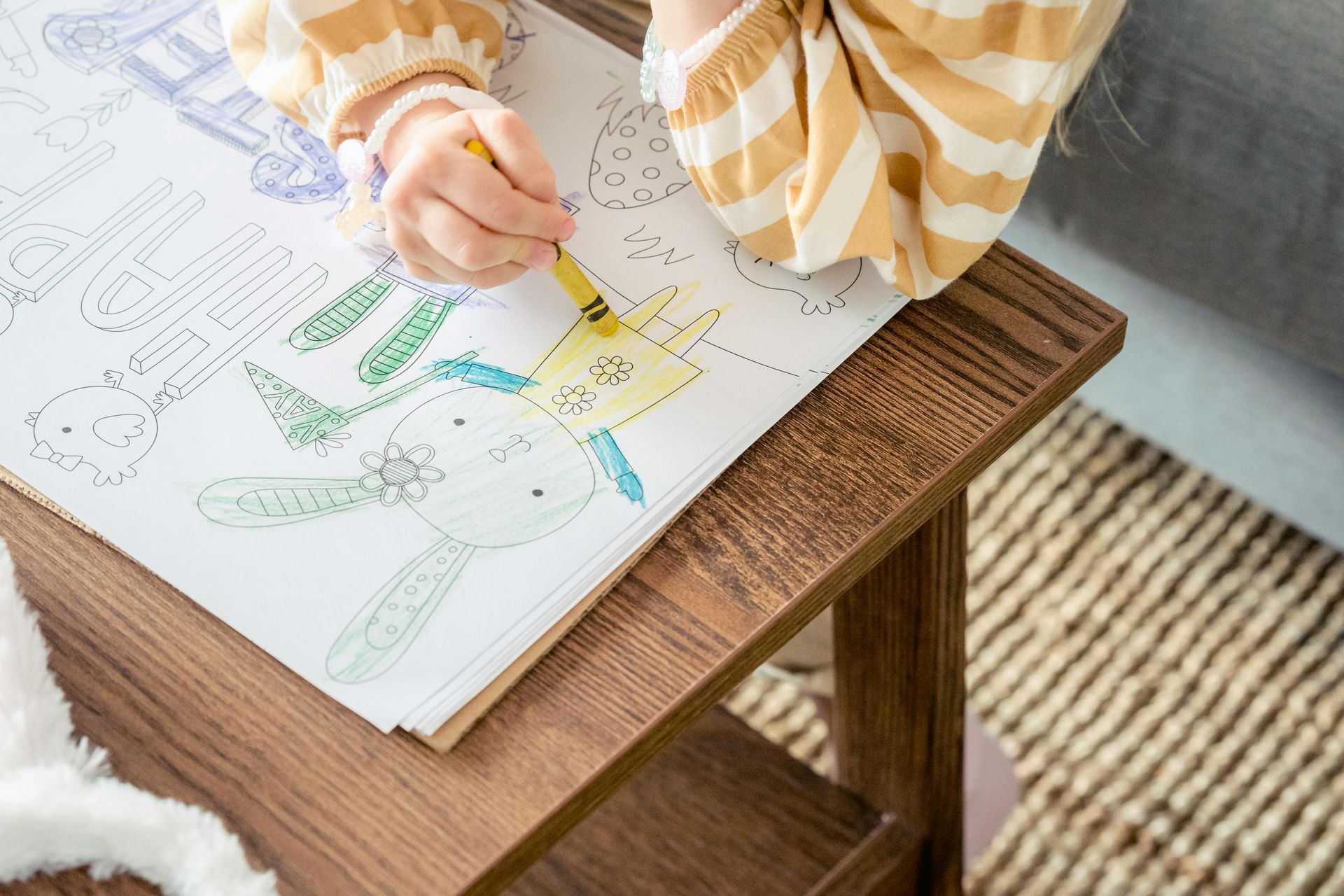
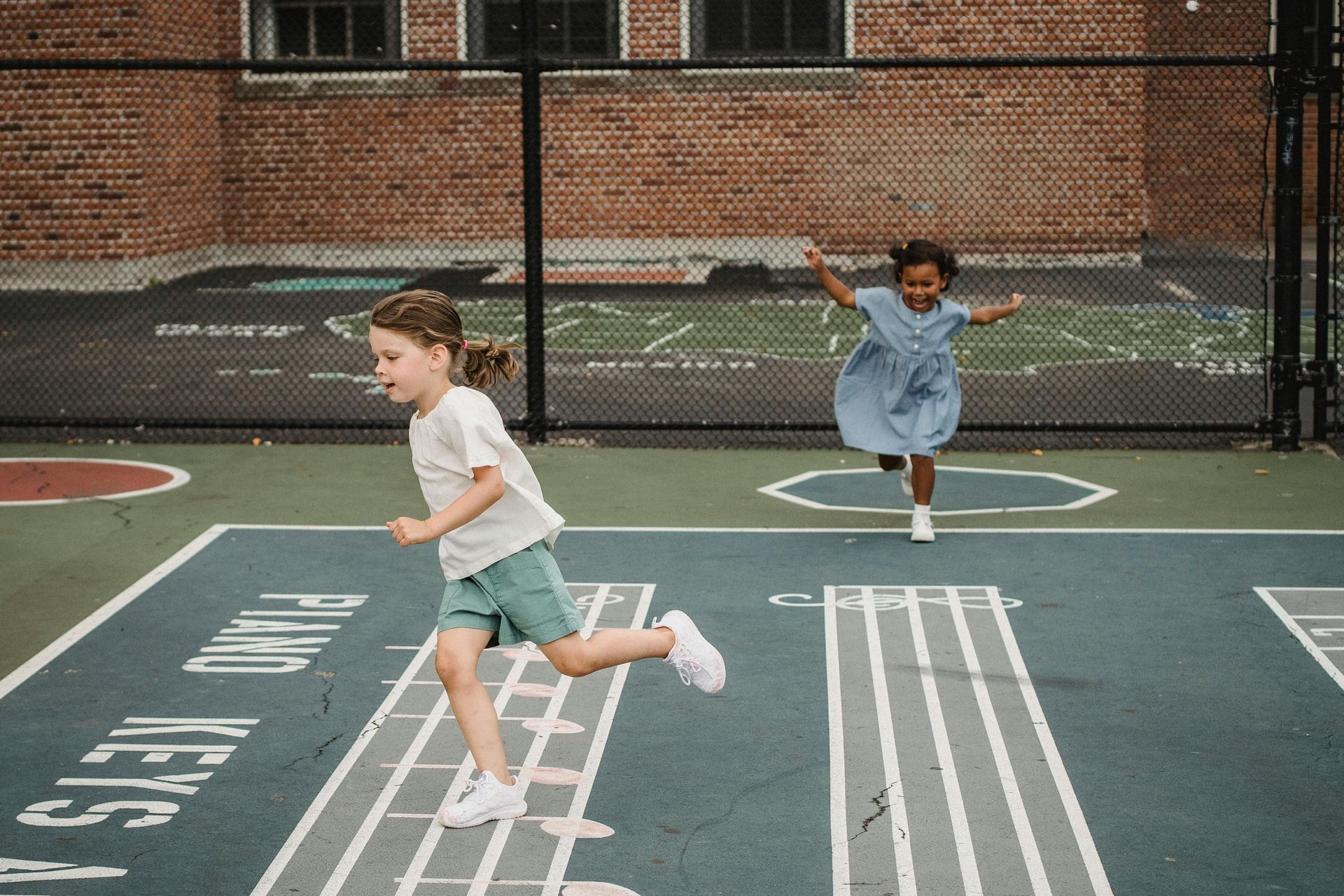
We empower children, families, and the community to learn, grow, and celebrate every child's unique abilities.
Quick Links
Contact Details
Phone: 561-376-2573 | 561-918-0190
Fax: 561-218-4939
VIP Concierge: 561-717-1764
Clinic Locations
All Rights Reserved | Progressive Pediatric Therapy, Inc. | Privacy Policy | Terms of Service
Site by Spearlance